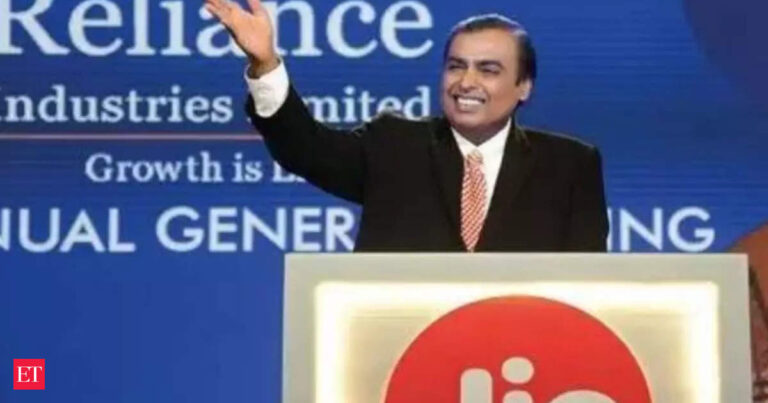Radisys, owned by RIL subsidiary Jio Platforms Ltd (JPL), along with Tech Mahindra and Finland’s Nokia, will enter the business in partnership with Next-Gen Infrastructure Co. (NGIC), in which the Ghanaian government, Ascend Digital and K-Net have stakes.

NGIC, Africa’s first neutral 5G shared infrastructure provider, plans to provide 4G and 5G network support in Ghana and across Africa.
Under the proposed business model, NGIC would invest around $200 million over three years to expand its 4G and 5G networks, which would then be offered as shared infrastructure resources to African mobile operators, optimizing costs for local operators who do not want to invest in expensive network rollouts.
JPL-backed Radisys will likely provide NGIC with its own 5G software stack, according to a person familiar with the matter.
NaaS Model
JPL’s 5G stack uses Open-RAN (Radio Access Network) technology and equipment to deliver 5G-based Fixed Wireless Access (FWA) services in Ghana and other African markets.
“We are pleased to be part of this strategic partnership in Ghana and Africa and look forward to working with all our strategic partners in realizing NGIC’s vision,” Radisys CEO Arun Bhikshesvaran told ET. He added that the introduction of FWA to 4G and 5G cellular services will help drive economic growth and digital inclusion. “Radisys looks forward to helping Ascend and NGIC build a groundbreaking, affordable shared broadband infrastructure across Ghana,” he said. “Furthermore, our communications platform and digital applications will help create new digital experiences.”
Additionally, he highlighted that NGIC’s Network-as-a-Service (NaaS) model is attractive to Mobile Network Operators (MNOs) looking to leverage Open-RAN architectures to realize efficiencies in capital and operational expenditures.
Taking on global vendors
Chairman Mukesh Ambani announced Reliance Industries’ plans to become a telecom technology vendor four years ago at the company’s annual general meeting. He said at the time that Jio would develop its own in-house 5G technology solutions and offer them to other operators around the world, a move that would put it in competition with global vendors such as Nokia, Ericsson, Huawei and Samsung, and which experts said was the first of its kind by a mobile operator.
“Once Jio’s 5G solution is proven at India scale, Jio Platforms will be in a position to export 5G solutions as a fully managed service to other operators globally,” Ambani said in 2020.
Jio rival Bharti Airtel already operates mobile broadband services in 14 African countries. The company, led by Sunil Bharti Mittal, is the continent’s second-largest telecoms operator.India’s growing influence in Africa underscores the impact of the low-cost, high-speed data model that is central to the country’s telecoms success story.
“NGIC’s NaaS model aims to leverage India’s successful model of affordable mobile phones, digital platforms, localized content and applications,” Harkirit Singh, CEO of Ascend Digital and executive director of NGIC, told ET. “NGIC intends to replicate the India-like high-speed mobile data model across Africa, starting with Ghana.”
FWA Gear and Smartphones
NGIC is structured to onboard mobile operators and strategic partners as potential equity investors in the future. The company plans to build an exclusive national 4G and 5G network and launch affordable 4G and 5G-enabled FWA devices and smartphones in Ghana by the end of the year. Two mobile operators, AT Ghana and Telecel Ghana, have already announced partnerships with NGIC.


